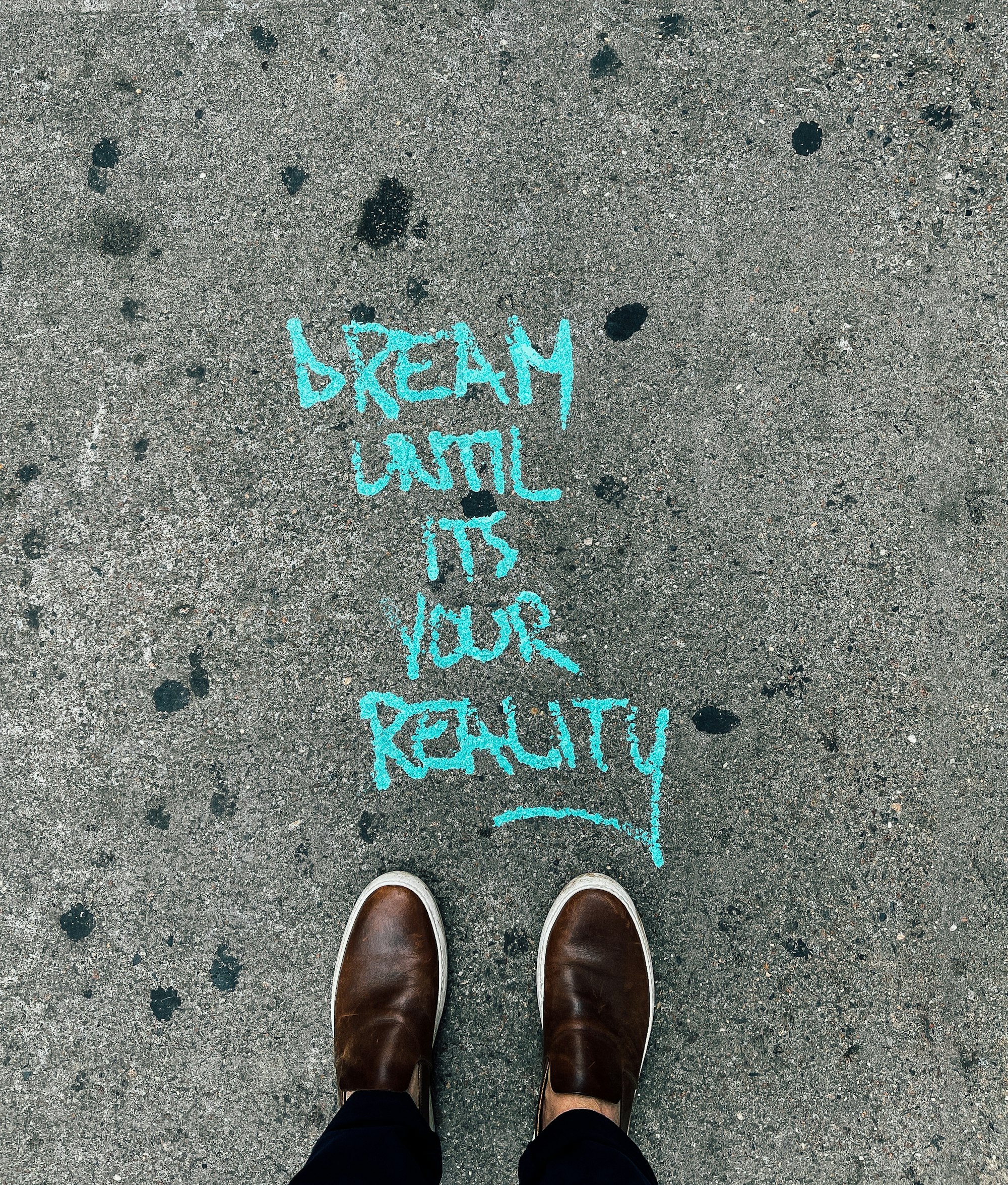Marie Ponsot, "Bliss and Grief"
"No one / is here / right now." That's it. That's "Bliss and Grief," a short poem by Marie Ponsot.

"No one / is here / right now." That's it. That's "Bliss and Grief," a short poem by Marie Ponsot. It can get you thinking about how both agony and ecstasy erase the self. This we understand on a literal level. Try and communicate with someone who's always chasing the next high, and it eventually dawns on you that there's no one to talk to.
I can speak to a sort of grief myself. When I didn't realize how badly I was neglected, when I was incapable of understanding that yes, I was getting a compliment, there was a void I retreated into. Lots of people do this; the behavior is readily recognizable. You just pretend they're addressing someone they don't know. Problem solved.
Bliss and Grief (from poets.org) Marie Ponsot No one is here right now.
So both bliss and grief allow us to disappear. On the one hand, this isn't strange. Extreme states deny any number of other phenomena. I believe somewhere in Aristotle is a formulation to the effect of "too much democracy is no democracy." On the other hand, with regard to bliss and grief, this actually doesn't make sense. Shouldn't we be more of ourselves in bliss? If I'm in a state where I'm not just happy, but experiencing everything believing it's all wonderful, isn't there more of me in the world? Don't we grieve because we have lost?
I think a solution lies in considering how Ponsot's poem works. It does seem to have a clear limit, as it speaks to a rather common state of affairs. We do hide from others in bliss and grief.
However, this little lyric also works like street art. You encounter a quote stenciled on a wall during your daily routine. Maybe you're picking up milk from a bodega or strolling after work. All of a sudden, there it is: "No one / is here / right now." Without the title, it's as if you're being absorbed into the words themselves. As if attempting to comprehend entails an aspect of self-negation.
That last proposition leads me to an answer I can rest on. People have come to me and said that they were their truest version of themselves when they failed to confront their addiction. And others have told me that they couldn't help the damage they did for years, as they were in mourning. I don't know that any of them were true to themselves. They weren't always humane; at crucial times they didn't see others as human.
The rational animal has to be both rational and animal. The rational animal has to move between both. You'll have your bliss and have your grief. And you still have to learn to be present.
